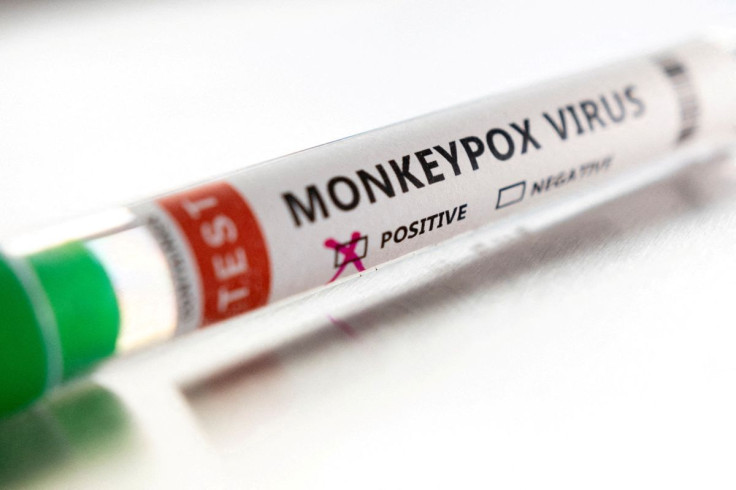WHO Says Monkeypox Global Health Risk Is 'Moderate'
KEY POINTS
- The virus may have been circulating "unrecognized" for weeks: WHO
- Experts and agencies warned against the stigmatization of affected individuals
- Mexico confined its first case Saturday in a 50-year-old resident of U.S. nationality
Monkeypox cases continue to be reported in countries where it's not endemic. The World Health Organization (WHO) called its global public health risk "moderate."
The agency made the assessment in an update Sunday, noting that this is the first time that monkeypox cases and clusters were logged "concurrently in widely disparate WHO geographical areas." Much of the cases have no links to the travel to an endemic area.
Given the sudden appearance and wide scope of the cases, there may be "widespread human-to-human transmission," with the virus possibly circulating "unrecognized" for weeks or even longer, noted the WHO.
From May 13 to 26, the WHO logged 257 confirmed cases and 117-127 suspected monkeypox cases in 23 countries where the virus is not endemic. Meanwhile, Mexico also confirmed its first case Saturday, in a 50-year-old resident of U.S. nationality.
According to the agency, more cases could be identified, and in "even more" countries as well.
"The public health risk could become high if this virus exploits the opportunity to establish itself as a human pathogen and spreads to groups at higher risk of severe disease such as young children and immunosuppressed persons," noted the agency. "(A) large part of the population is vulnerable to monkeypox virus, as smallpox vaccination, which confers some cross-protection, has been discontinued since 1980 or earlier in some countries."
That said, both the WHO and the U.S. Centers for Disease Control and Prevention (CDC) are stressing that the risk to the general public remains "low," but the CDC is encouraging people to seek medical care and avoid contact with other people if they develop an unexplained rash. The WHO also noted the importance of taking action.
"Immediate action from countries is required to control further spread among groups at risk, prevent spread to the general population and avert the establishment of monkeypox as a clinical condition and public health problem in currently non-endemic countries," noted the WHO.
Not A 'Gay Disease'
With cases having "mainly" been reported among men who have sex with men (MSM), experts have been stressing that monkeypox is not a "gay disease" as anyone can get infected by it if they have had direct contact with someone who is infected with monkeypox. Calling it as such is "untrue and unfair," professor of public health at the University of Sheffield, Dr. Andrew Lee, told Reuters.
"All efforts should be made to avoid unnecessary stigmatization of individuals and communities potentially affected by monkeypox," noted the WHO.
The Joint United Nations Programme on HIV/AIDS (UNAIDS) also released a statement expressing its concerns over portrayals of LGBTI and African people that "reinforce homophobic and racist stereotypes."
"Stigma and blame undermine trust and capacity to respond effectively during outbreaks like this one," said UNAIDS Deputy Executive Director Matthew Kavanagh in the statement, reiterating that the disease can affect anybody. "Stigma hurts everyone. Shared science and social solidarity help everyone."

© Copyright IBTimes 2024. All rights reserved.






















